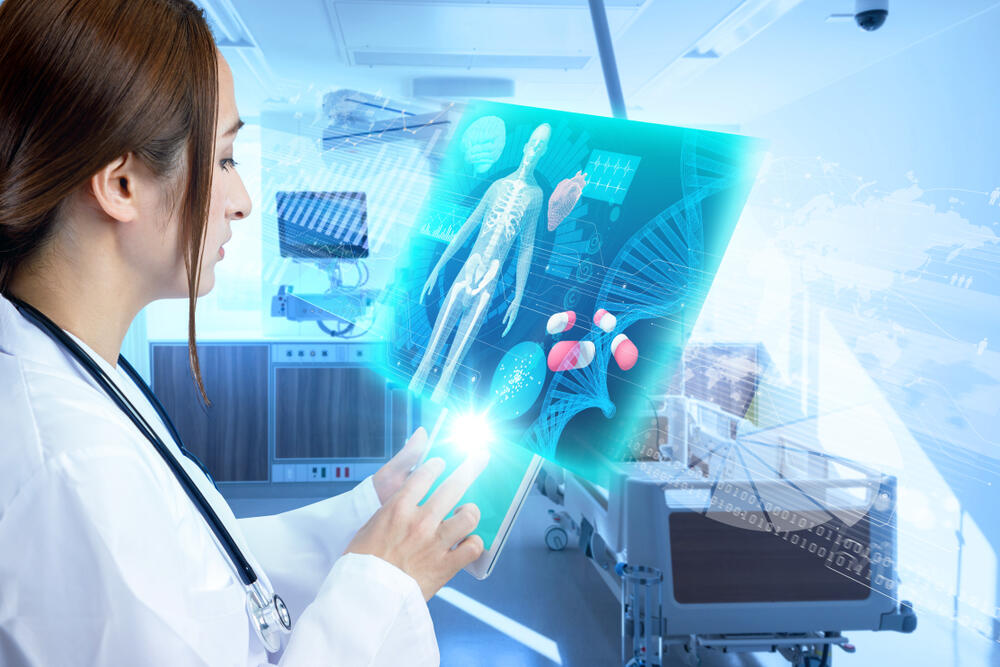Getting your Trinity Audio player ready...
Since the beginning of time, the human race has strived to create a thinking machine that would bestow us with superhuman abilities.
Read More:
In Jonathan Swift's book "Gulliver's Travels," he writes about "The Engine" - a machine that allows “the most ignorant person, at a reasonable cost and minimal effort, might write books in philosophy, poetry, politics, laws, mathematics, and theology, without the least assistance from genius or study.”
So, what is artificial intelligence? It’s a term referring to technological tools that allow for input, processing, and drawing conclusions, in a way that resembles human thinking. This group includes both well-tested tools like machine learning, as well as newer tools.
The latest generation of generative language models, such as ChatGPT, demonstrates astonishing capabilities that were recently beyond the reach of machines: understanding human language, creativity, and exhibiting perceived empathy.
In fact, a recently published article demonstrated that answers generated by ChatGPT for medical questions from patients in an online forum were not only more accurate and of higher quality than those of physicians, but surprisingly also perceived as more empathetic.
Artificial intelligence tools can and should be part of the solution to the challenges of healthcare systems around the world. They enable the automated execution of administrative tasks, rapid processing of tests and data analysis, and risk prediction.
All of these are designed to provide physicians with powerful diagnostic and treatment tools, freeing up their time for conversations with patients and empowering the patients themselves.
An artificial intelligence system in medicine, like one that could be developed in Israel, provides the physician with two "superpowers."
The first is predictive medicine: Machine learning predictive models identify individuals at exceptionally high risk of a disease or future medical deterioration and enable the physician to take preemptive action against diseases.
For example, a patient may learn that his routine test results indicate a particularly high likelihood of hepatitis C viral infection, prompting the physician to perform a specific test for the virus.
Early diagnosis of the virus allows for prompt treatment, preventing complications such as cancer or liver failure.
The second "superpower" is personalized medicine: an AI system will scan all medical records every night, identify, and then alert the physician if, for example, a diabetic patient who recently developed kidney failure is not receiving the appropriate specific medication or if he’s in need of further testing.
Similarly, millions of nuanced recommendations are updated daily and transferred to medical records for the treating physician's consideration—based on AI predictive models, opinions of experts in the medical field, and up-to-date literature.
This system, which is the first of its kind in the world in its depth and scope, has been deployed over the past year among more than 1,000 general physicians belonging to Clalit Health Services.
Advanced systems like these aren’t overnight; they rely on years of developing predictive AI models, as we’ve done at Calalit’s Research Institute for over a decade, using a wide array of diseases.
Our new system is the result of three years of in-house development by three different divisions. And what about ChatGPT’s treatment capabilities? It’s best to wait for a few years before trying it seeing as the model tends to do “guesswork” that’s unfitted for clinical testing.
Israel is a shining beacon of innovation in healthcare and can continue to pave the way towards harnessing artificial intelligence for higher-quality, accessible, and equitable healthcare for every patient.




